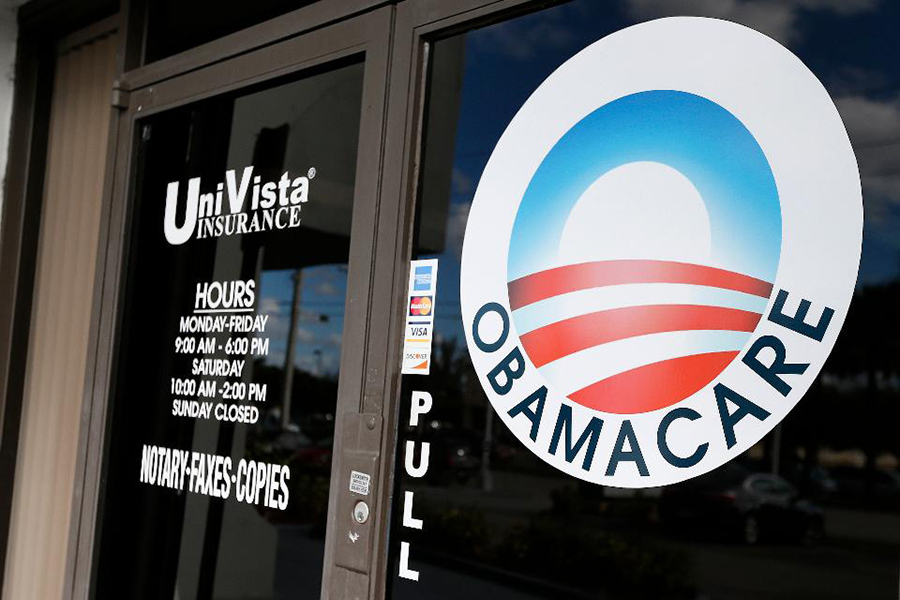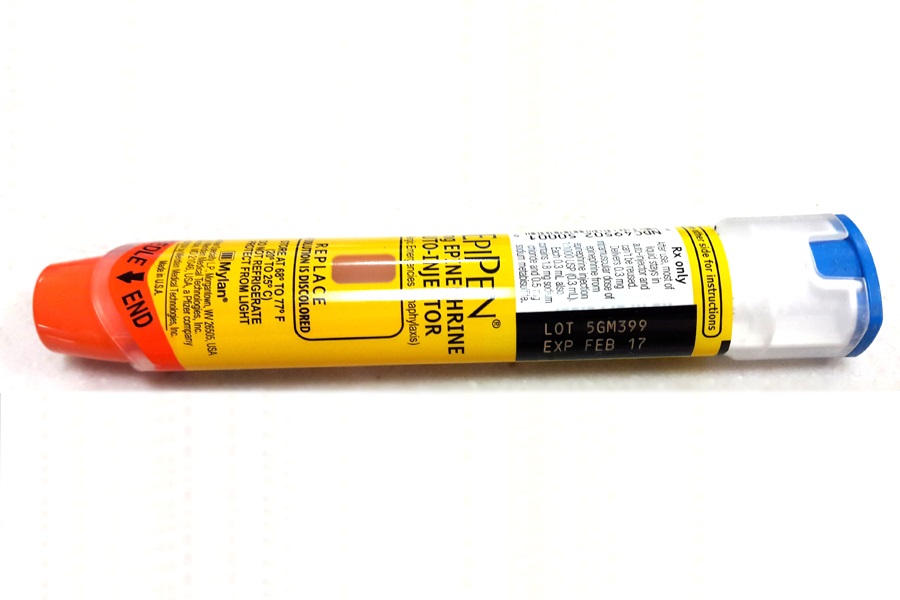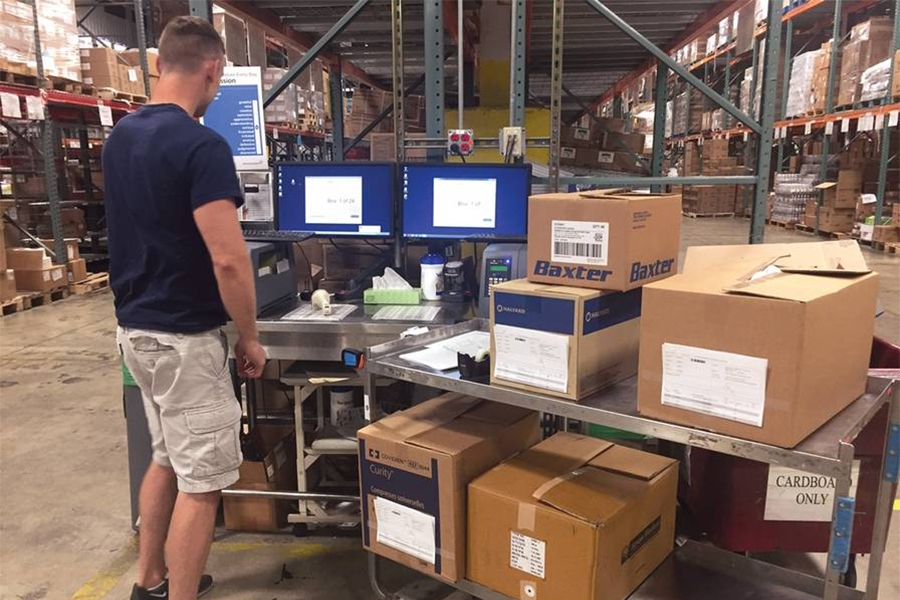By Alex Kacik for Modern Healthcare
Wilmington Health is approached by a potential buyer about twice a year. Each time, the North Carolina-based independent physician group declines, according to CEO Jeff James.
“What we can’t understand is the value proposition for the physicians in the long run,” James said. “If they buy us, it is going to add a bunch of overhead and increase the cost of care.”
Wilmington stands out during a time of rapid consolidation in the healthcare industry, particularly among physician groups. Healthcare experts caution that healthcare costs will rise as more hospitals acquire physician groups.
From mid-2012 to mid-2016, the number of hospital-employed physicians hit about 155,000 in 2016, up 63% from 95,000 in 2012, according to new data released by the Physicians Advocacy Institute and analyzed by consultancy Avalere Health. Forty-two percent of physicians were employed by hospitals in July 2016, compared to just 1 in 4 physicians in July 2012.
Over the same period, the number of physician groups employed by hospitals grew by 36,000 practices—a 100% increase.
“I’m not sure if that brings pressure or opportunity,” James said. “It should bring opportunity, but the sheer fact that there’s not enough transparency in healthcare is a disservice to an organization like ours.” Healthcare’s opacity erodes competitive market forces, he added.
Independent practice owners argue that they are spending less time with patients to keep up with increased reporting requirements. New payment policies favor large health systems and stack the deck against independent physicians, said Robert Seligson, president of the Physicians Advocacy Institute and CEO of the North Carolina Medical Society. This has caused them to sell to a bigger system that handles all the administrative work. Or, they close altogether.
“There’s the site-of-service differential, a multitude of regulations, stresses in dealing with electronic data,” he said. “These are challenges for doctors and smaller practices.”






















